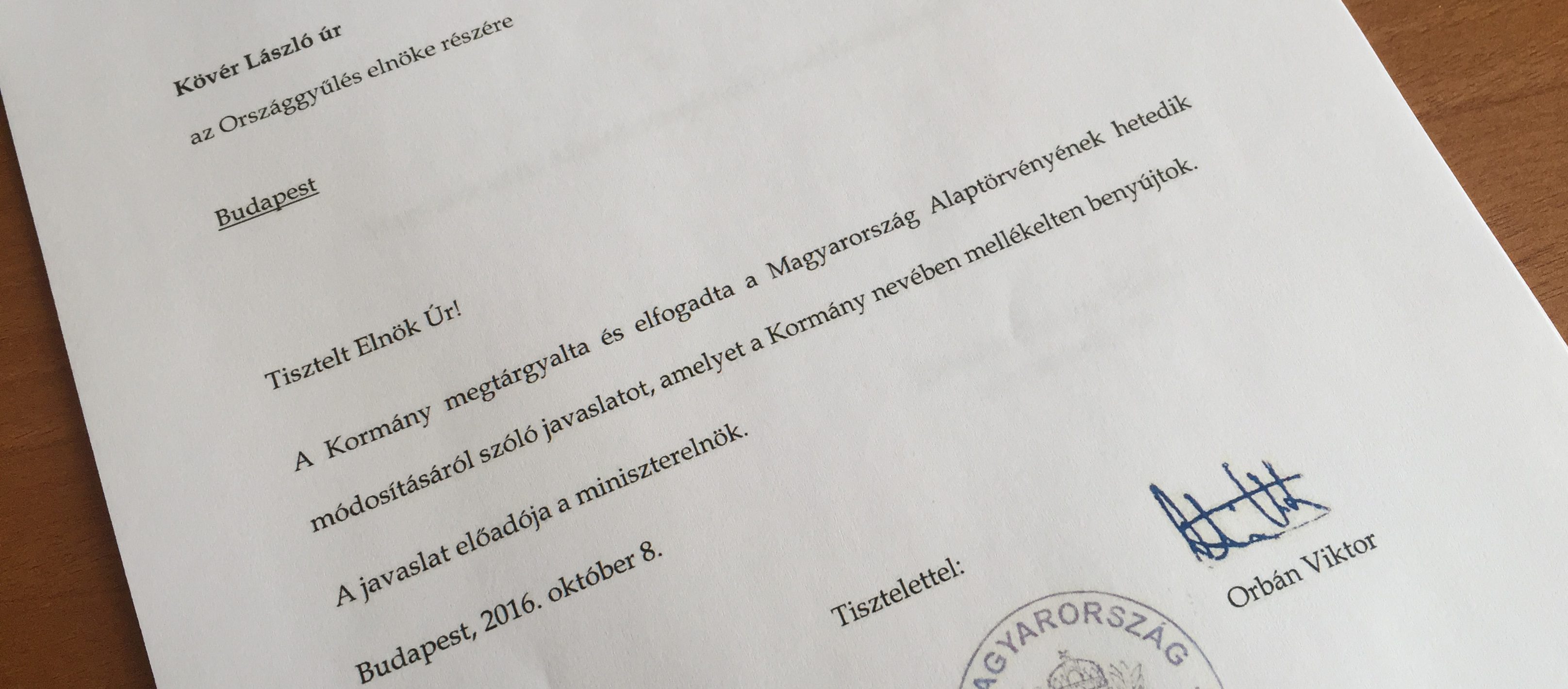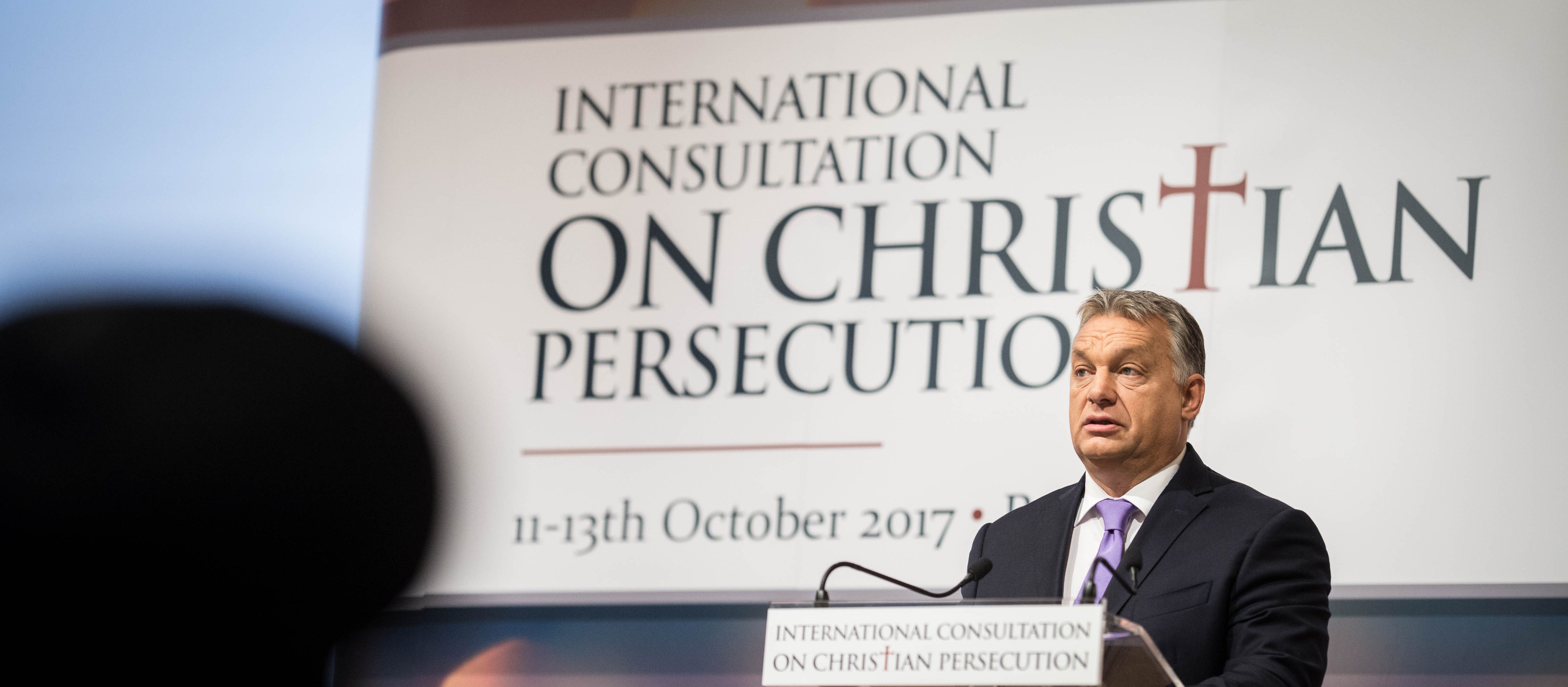
According to the proposed amendment, the fact that non-Hungarians cannot be relocated to Hungary would be included in the Fundamental Law. Foreign citizens, providing they are not citizens of the European Economic Area, will only be able to live in Hungary one the basis of an individual request that is authorised by the Hungarian authorities according to a procedure in set down in legislation adopted by the National Assembly.
Amongst other things, the five-part amendment would also change the National Creed, stating: “We declare that the protection of our self-identity, which has its roots in our historical constitution, is the fundamental duty of the state”.
The amendment also includes the fact that in the interests of enabling Hungary to participate as a member of the European Union, the practicing of spheres of competence must be in harmony with the fundamental rights and freedoms set down in the Fundamental Law, and cannot limit Hungary’s unalienable power of disposal over its territorial unity, population, form of government and state system.
If the bill is adopted, the Constitution will also include the fact that the protection of Hungary’s constitutional identity is the duty of every state body. The proposed amendment would come into force the day after is officially published.
The justification of the bill refers to the fact that an unprecedented level of migration reached the borders of Europe in 2015 and one and a half million people crossed the Schengen borders illegally. The cultural and economic integration of these huge numbers of new immigrants poses an insurmountable task for Europe, while uncontrolled border crossing has significantly increased the threat of terrorism.
The European Union attempted to distribute the immigrants arriving in Europe among its member states be introducing a mandatory relocation quota, and the Government of Hungary was the first in Europe to initiate a referendum on mandatory relocation, the justification states. At the 2 October referendum, 98 percent of people who submitted valid votes said no to mandatory relocation, and accordingly there came about a new unity for Hungary that goes beyond political parties and which regards the protection of the country’s sovereignty as a national issue.
“The unanimous will of that 98 percent represents an obligation and the task of endowing it with legislative force rests with the National Assembly”, the amendment is founded on the will of 3 million 300 thousand people, the justification states.
On 2 October, following the announcement of the preliminary results of the referendum, Prime Minister Viktor Orbán announced that he would be submitting a proposal for a constitutional amendment to Parliament, because “the will of the people must be set down in the Fundamental Law”. In a radio interview on Sunday, Mr. Orbán indicated that he sees it as the right course of action to submit the constitutional amendment Bill personally as the Prime Minister, to give added weight to the will of the people.


